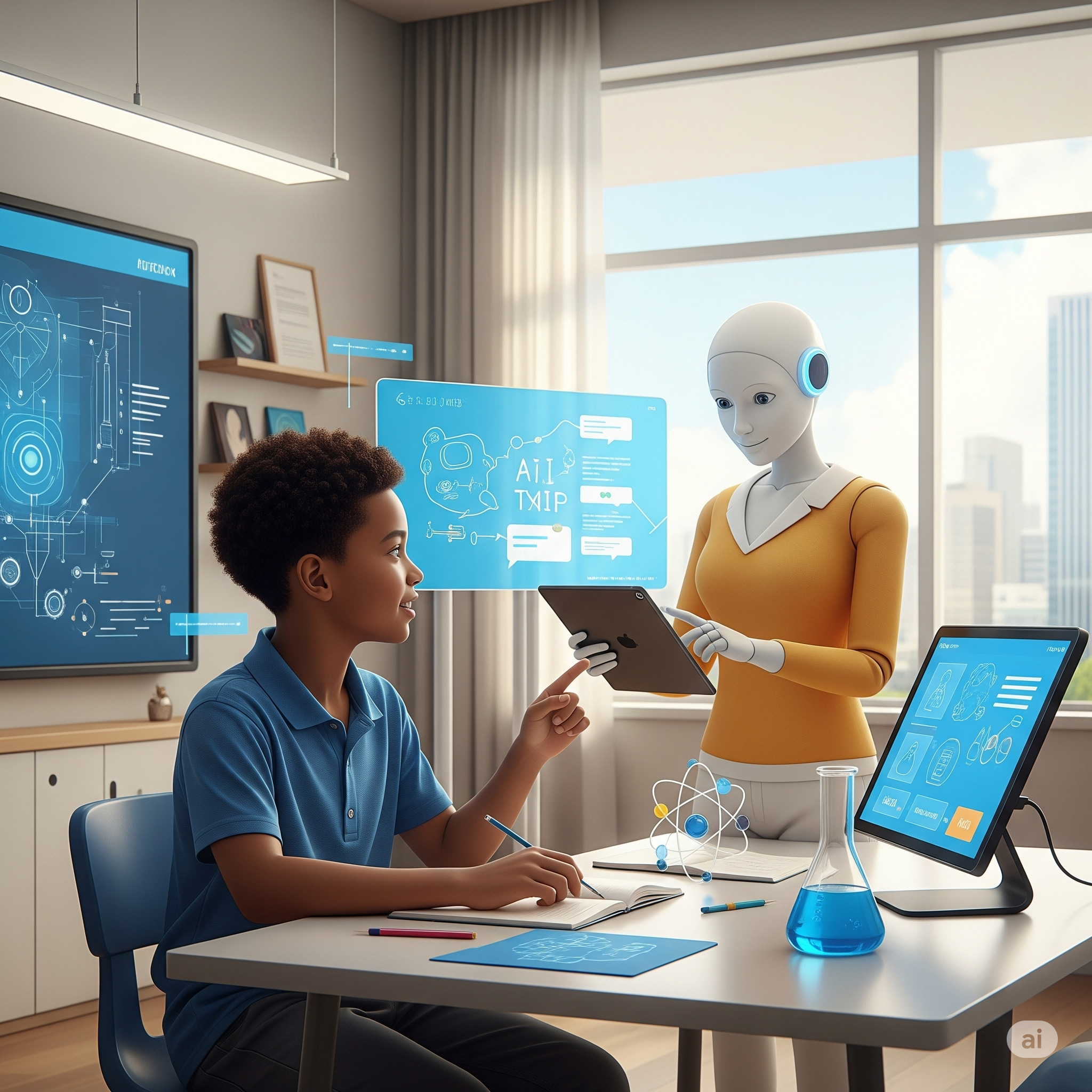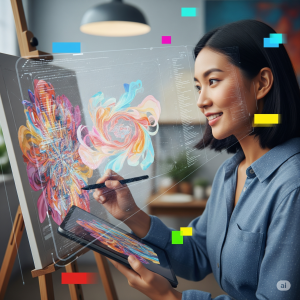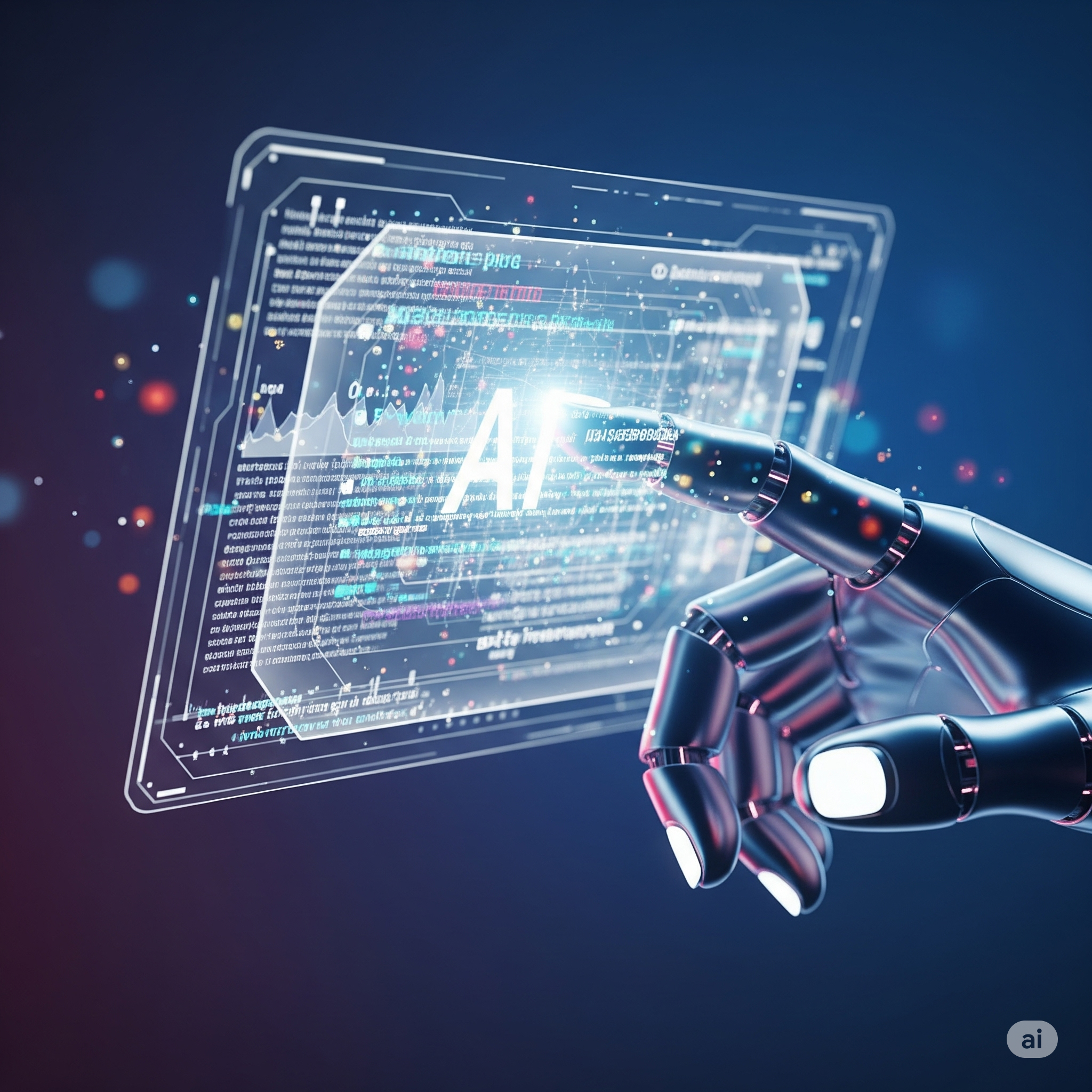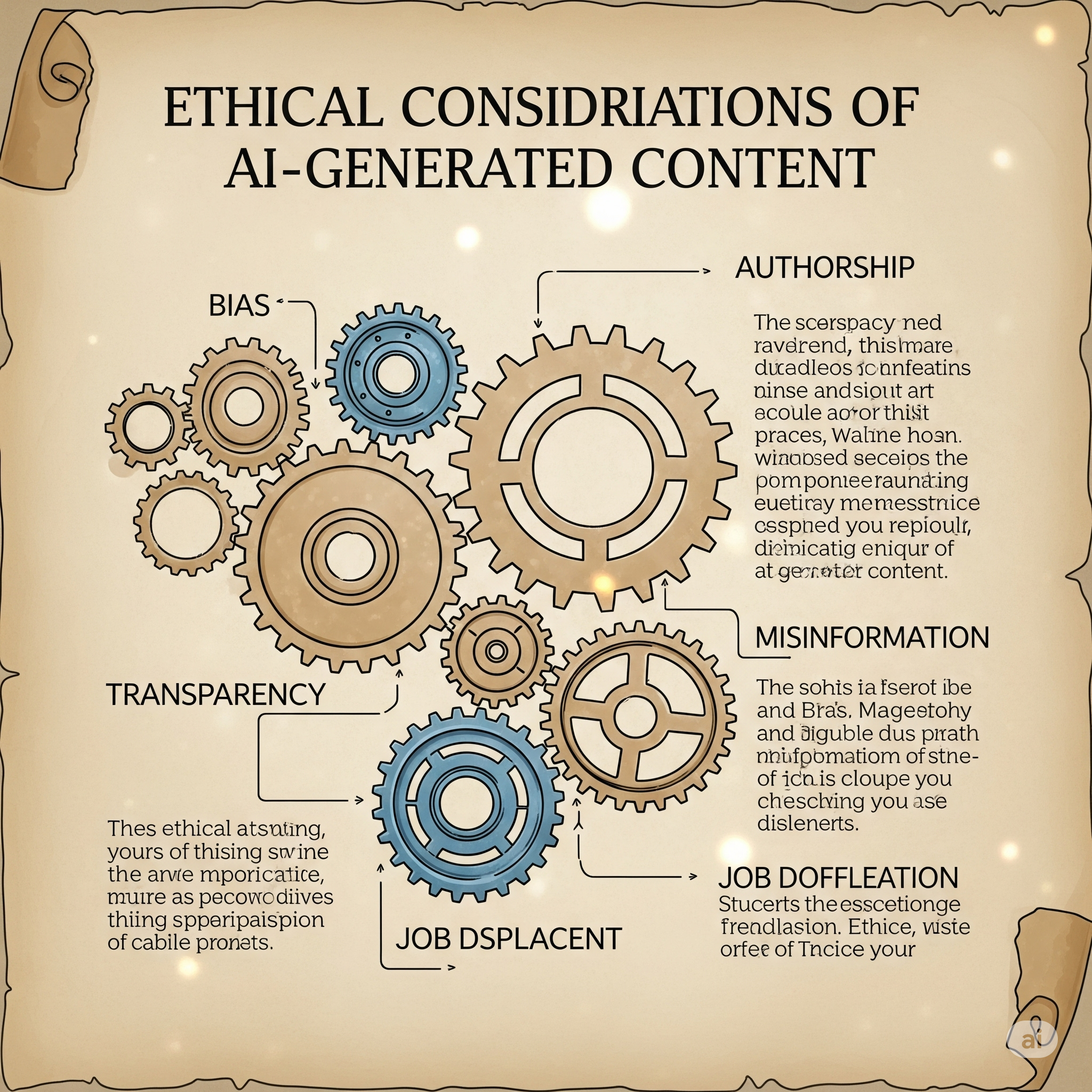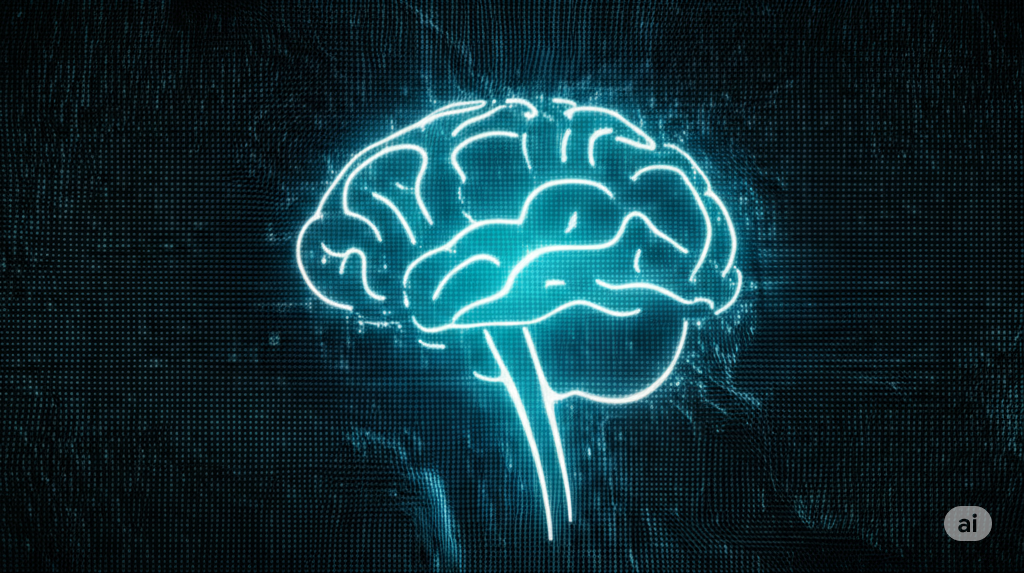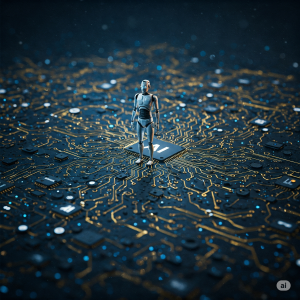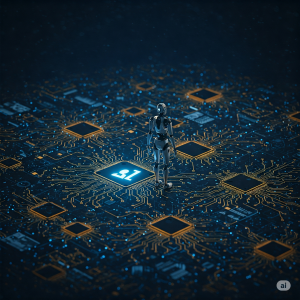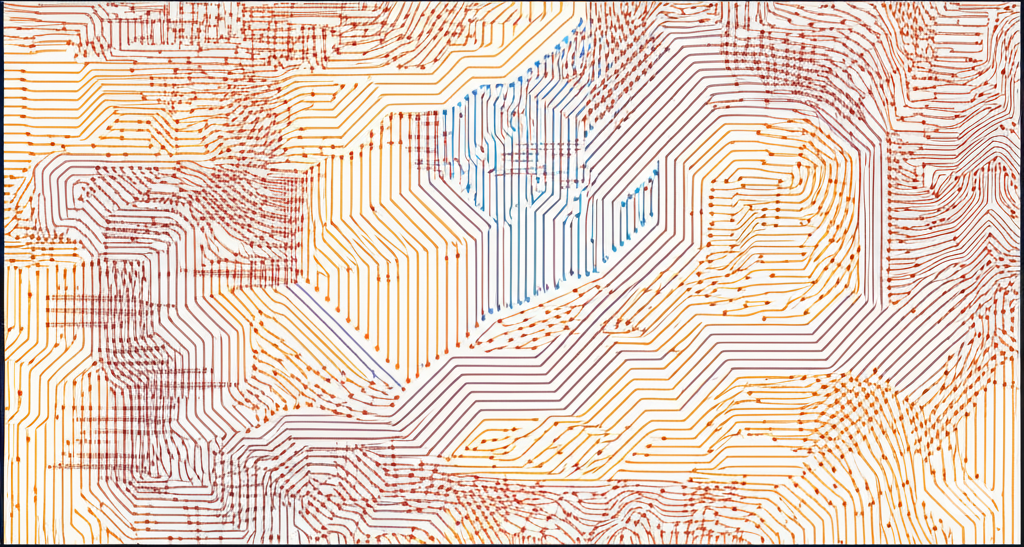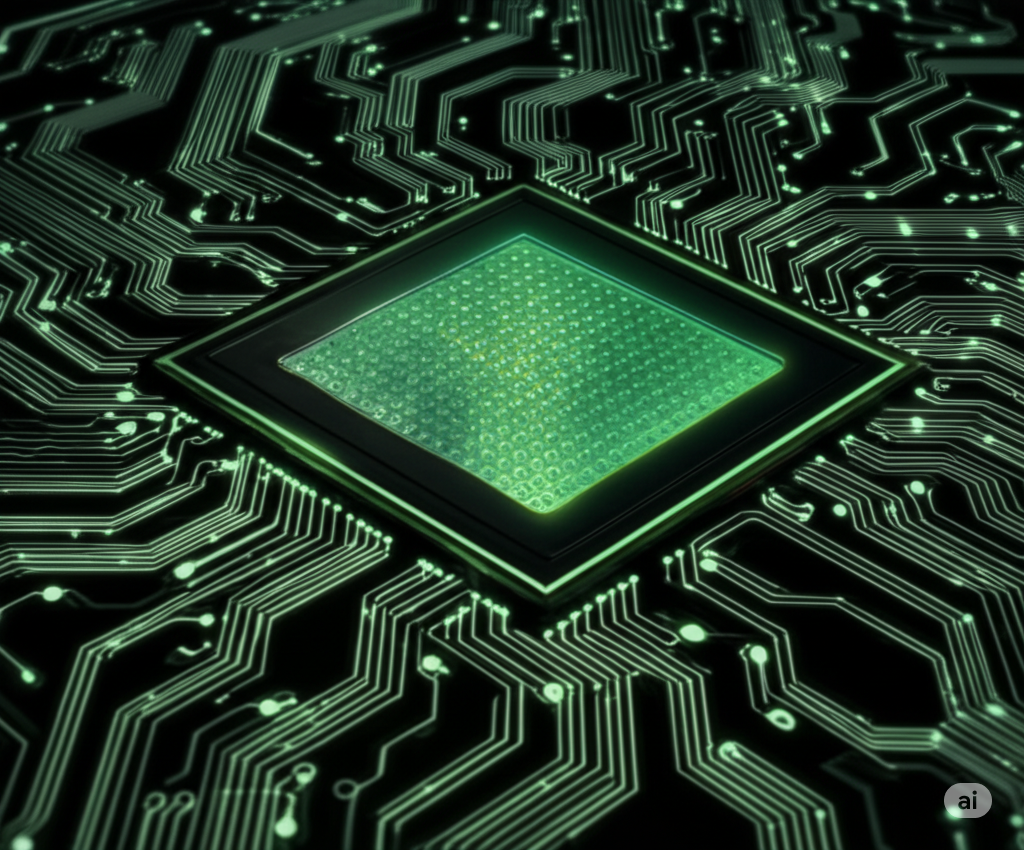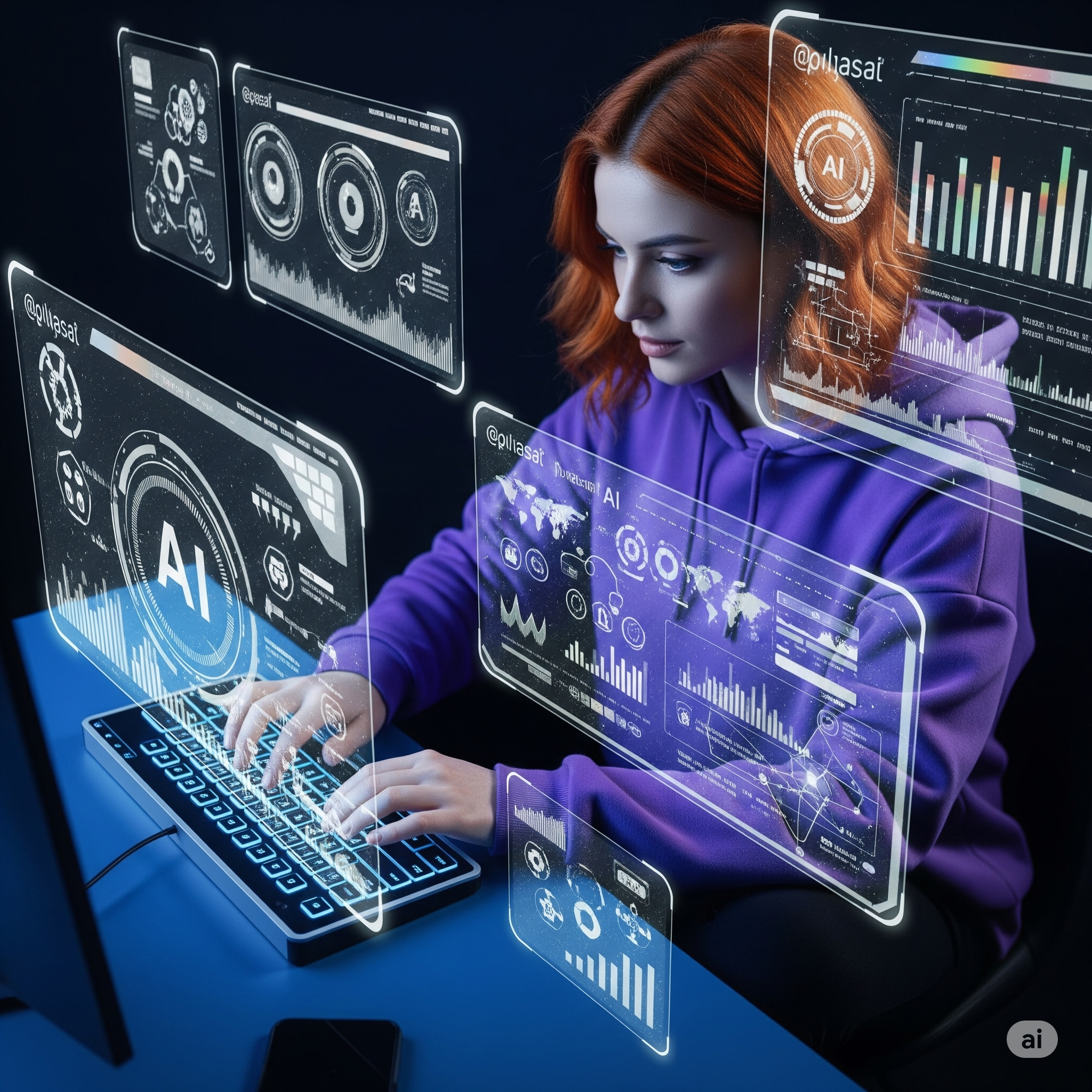The hallowed halls of education are no longer just echoing with the murmurs of students and the drone of lectures. A new sound is emerging, a digital hum that heralds the arrival of Artificial Intelligence. From personalized learning platforms to automated grading systems, AI is poised to revolutionize how we teach and learn. But is this technological tidal wave a welcome progression, promising a brighter future for education, or a potential pitfall, threatening the very essence of human connection and critical thinking? The answer, as with most technological advancements, likely lies somewhere in between, contingent on how thoughtfully and ethically we integrate these powerful tools into the educational landscape.
AI’s Classroom Takeover: Promise or Peril for Learning?
The potential benefits of AI in the classroom are tantalizing. Imagine a world where every student has a personalized tutor, adapting to their individual learning style and pace. AI algorithms can analyze a student’s strengths and weaknesses, identify knowledge gaps, and tailor lessons accordingly. This personalized approach could unlock potential in students who might otherwise struggle in a one-size-fits-all educational environment. However, the "takeover" aspect raises concerns. Will over-reliance on AI lead to a decline in human interaction and the development of crucial social skills? Could algorithmic bias perpetuate existing inequalities, further disadvantaging marginalized students? The key lies in striking a balance, using AI to augment, not replace, the human element of teaching.
Beyond the Textbook: How AI Could Reshape Education
AI offers the potential to move beyond rote memorization and standardized testing, fostering deeper understanding and critical thinking. Imagine AI-powered simulations that allow students to explore complex scientific concepts in an interactive and engaging way. Or AI tools that can analyze vast amounts of data to identify patterns and trends, helping students develop research skills and data literacy. Furthermore, AI can automate tedious tasks such as grading papers and providing feedback, freeing up teachers to focus on more meaningful interactions with students, such as mentoring, facilitating discussions, and fostering creativity. This shift could reshape education from a passive absorption of information to an active process of exploration, discovery, and critical analysis.
The future of education with AI assistants is not predetermined. It is a future we are actively shaping. By carefully considering the ethical implications, addressing potential biases, and prioritizing the human element of teaching, we can harness the power of AI to create a more equitable, engaging, and effective learning environment for all. The challenge lies not in resisting the rise of AI, but in guiding its integration in a way that empowers both students and educators to thrive in the 21st century and beyond.
